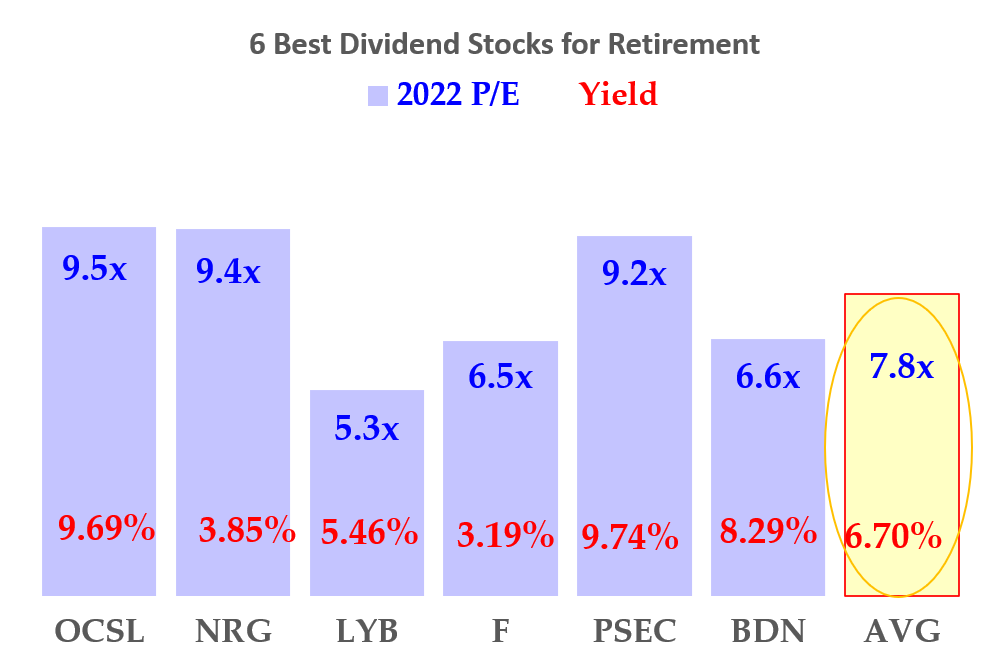
Investors and market makers are attracted to the volatility of the 24-hour market. However, it can place more emphasis upon speculative stocks or fads. This could lead to increased price volatility. It is best to sell and buy stocks in the morning, when there are more buyers. There are still some benefits to trading on a 24-hour stock exchange. Let's talk about the pros and con. This article discusses whether or not the 24-hour-a-day market is a good idea.
Volatility attracts market makers to 24-hour market
Market makers are the agents of change in stock markets. They make money by buying assets at lower valuations than other agents. They also have a better record of selling assets to buyers. This causes stock prices to fluctuate more frequently. But what about market makers? How do they get the most out of volatility? Let's look at the question. We will show you how market-makers make money off volatility in stocks.

It's a popular trend in cities and suburban areas
Although the 24-hour market has been around since long, it was only recently that it became a popular trend in suburbia. In 1972, the 24-hour shift was adopted by four percent of supermarkets earning more than $500k annually. The article asked "What kinda people shop in the morning at three in the AM?"
The urbanization of suburbia has had a major impact on the quality of life in the city. The Great Recession has seen millennials abandon the suburbs and choose to live in cities. This trend has been exacerbated due to the recession, a downturn on the housing market and a "stuck up" generation. New census data indicates that the trend towards suburbia could be changing.
It's a good idea
The idea of a 24-hour market seems exciting to some people, but the reality isn't quite as exciting. Stock exchanges were created in the 1990s to allow trading outside of the 9-to-4 Eastern session. This was done to counter the competition from the Internet. However, despite all its promises, the idea never saw widespread adoption, even during boom-and bust cycles. Here are some disadvantages to a 24-hour market.
A 24-hour market would make trading in traditional securities more accessible for investors. It would allow investors on the west coast to trade in traditional securities at a faster pace than their counterparts in the east. But there are a lot of logistical challenges involved in a 24-hour market. To be able for weekend work to occur, one would need to have a substantial support infrastructure. It is also complex because institutional trading involves thousands of people.

It's a chance
It is risky to trade in a 24 hour market because it is not possible to do so all day and traders will soon tire. This could lead to bad trades. Although the market is open 24/7, the market does not move much during the middle of the trading session. The London trading sessions are the most active and traders are usually most active between the New York session's close and the London session's open. Traders should expect major market movements to start in New York at the close of the trading session, and then end in London. These are the two largest trading sessions.
FAQ
What is a REIT and what are its benefits?
An REIT (real estate investment trust) is an entity that has income-producing properties, such as apartments, shopping centers, office building, hotels, and industrial parks. These publicly traded companies pay dividends rather than paying corporate taxes.
They are similar to a corporation, except that they only own property rather than manufacturing goods.
How are securities traded?
The stock market is an exchange where investors buy shares of companies for money. Investors can purchase shares of companies to raise capital. Investors can then sell these shares back at the company if they feel the company is worth something.
The supply and demand factors determine the stock market price. When there are fewer buyers than sellers, the price goes up; when there are more buyers than sellers, the prices go down.
Stocks can be traded in two ways.
-
Directly from the company
-
Through a broker
Why are marketable securities Important?
A company that invests in investments is primarily designed to make investors money. This is done by investing in different types of financial instruments, such as bonds and stocks. These securities offer investors attractive characteristics. They can be considered safe due to their full faith and credit.
It is important to know whether a security is "marketable". This refers to how easily the security can be traded on the stock exchange. You cannot buy and sell securities that aren't marketable freely. Instead, you must have them purchased through a broker who charges a commission.
Marketable securities can be government or corporate bonds, preferred and common stocks as well as convertible debentures, convertible and ordinary debentures, unit and real estate trusts, money markets funds and exchange traded funds.
These securities are a source of higher profits for investment companies than shares or equities.
Are stocks a marketable security?
Stock is an investment vehicle that allows investors to purchase shares of company stock to make money. This is done by a brokerage, where you can purchase stocks or bonds.
Direct investments in stocks and mutual funds are also possible. There are over 50,000 mutual funds options.
There is one major difference between the two: how you make money. Direct investment earns you income from dividends that are paid by the company. Stock trading trades stocks and bonds to make a profit.
Both cases mean that you are buying ownership of a company or business. However, if you own a percentage of a company you are a shareholder. The company's earnings determine how much you get dividends.
With stock trading, you can either short-sell (borrow) a share of stock and hope its price drops below your cost, or you can go long-term and hold onto the shares hoping the value increases.
There are three types to stock trades: calls, puts, and exchange traded funds. You can buy or sell stock at a specific price and within a certain time frame with call and put options. Exchange-traded funds are similar to mutual funds except that instead of owning individual securities, ETFs track a basket of stocks.
Stock trading is very popular because it allows investors to participate in the growth of a company without having to manage day-to-day operations.
Stock trading can be very rewarding, even though it requires a lot planning and careful study. You will need to know the basics of accounting, finance, and economics if you want to follow this career path.
Who can trade on the stock market?
Everyone. Not all people are created equal. Some people are more skilled and knowledgeable than others. So they should be rewarded for their efforts.
However, there are other factors that can determine whether or not a person succeeds in trading stocks. You won't be able make any decisions based upon financial reports if you don’t know how to read them.
You need to know how to read these reports. It is important to understand the meaning of each number. You must also be able to correctly interpret the numbers.
You will be able spot trends and patterns within the data. This will help to determine when you should buy or sell shares.
If you are lucky enough, you may even be able to make a lot of money doing this.
How does the stock markets work?
When you buy a share of stock, you are buying ownership rights to part of the company. A shareholder has certain rights over the company. A shareholder can vote on major decisions and policies. He/she can demand compensation for damages caused by the company. The employee can also sue the company if the contract is not respected.
A company cannot issue any more shares than its total assets, minus liabilities. This is called "capital adequacy."
A company with a high capital sufficiency ratio is considered to be safe. Companies with low ratios are risky investments.
What role does the Securities and Exchange Commission play?
SEC regulates the securities exchanges and broker-dealers as well as investment companies involved in the distribution securities. It also enforces federal securities law.
Statistics
- "If all of your money's in one stock, you could potentially lose 50% of it overnight," Moore says. (nerdwallet.com)
- US resident who opens a new IBKR Pro individual or joint account receives a 0.25% rate reduction on margin loans. (nerdwallet.com)
- For instance, an individual or entity that owns 100,000 shares of a company with one million outstanding shares would have a 10% ownership stake. (investopedia.com)
- Individuals with very limited financial experience are either terrified by horror stories of average investors losing 50% of their portfolio value or are beguiled by "hot tips" that bear the promise of huge rewards but seldom pay off. (investopedia.com)
External Links
How To
How to create a trading strategy
A trading plan helps you manage your money effectively. It helps you identify your financial goals and how much you have.
Before creating a trading plan, it is important to consider your goals. You may want to make more money, earn more interest, or save money. You might want to invest your money in shares and bonds if it's saving you money. You could save some interest or purchase a home if you are earning it. You might also want to save money by going on vacation or buying yourself something nice.
Once you know your financial goals, you will need to figure out how much you can afford to start. This depends on where you live and whether you have any debts or loans. It is also important to calculate how much you earn each week (or month). Your income is the amount you earn after taxes.
Next, make sure you have enough cash to cover your expenses. These expenses include rent, food, travel, bills and any other costs you may have to pay. These expenses add up to your monthly total.
Finally, you'll need to figure out how much you have left over at the end of the month. That's your net disposable income.
Now you've got everything you need to work out how to use your money most efficiently.
Download one online to get started. Ask an investor to teach you how to create one.
Here's an example.
This is a summary of all your income so far. Notice that it includes your current bank balance and investment portfolio.
Here's an additional example. This one was designed by a financial planner.
This calculator will show you how to determine the risk you are willing to take.
Remember, you can't predict the future. Instead, put your focus on the present and how you can use it wisely.